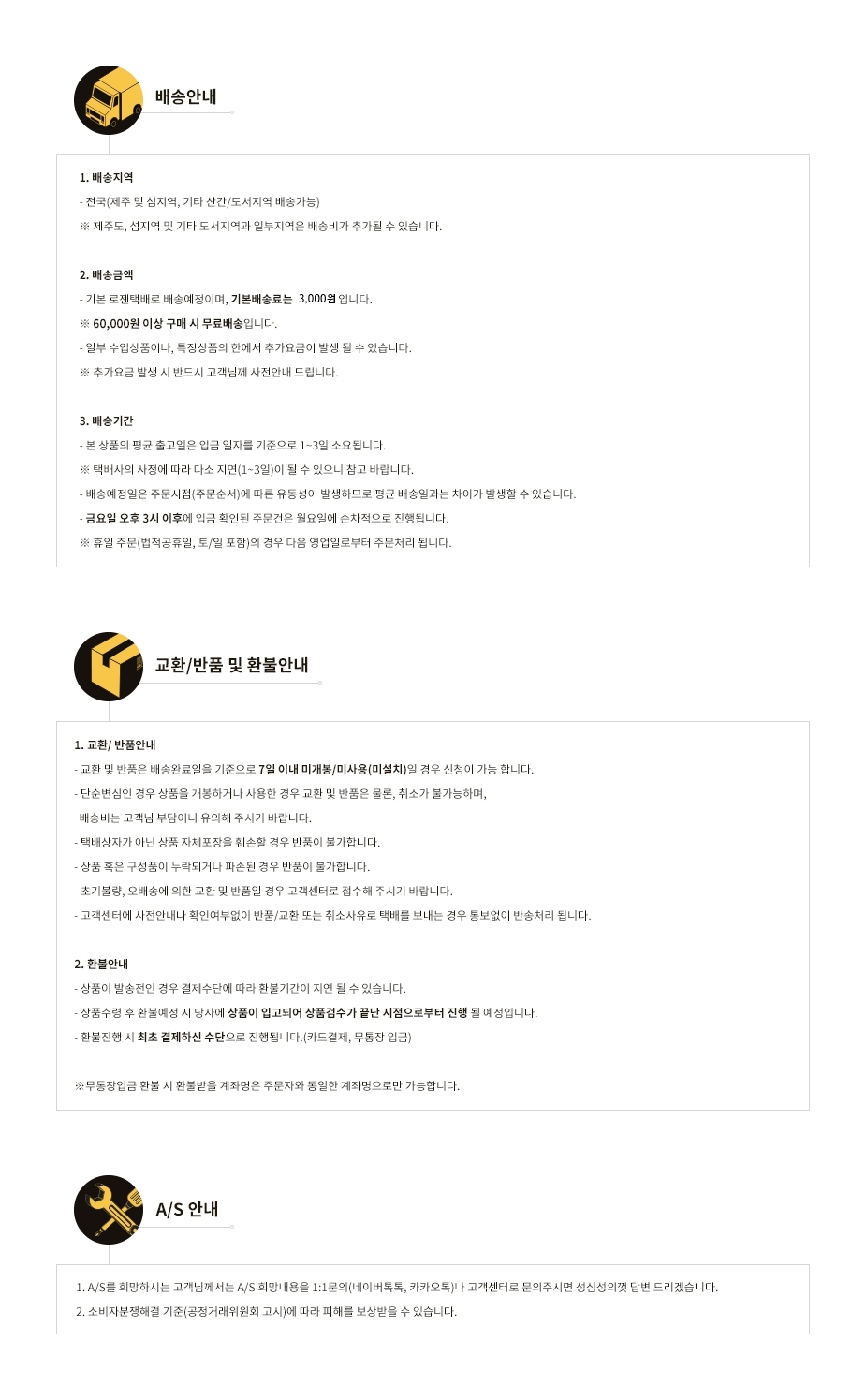-

1 XLR 암컷(F) to USB-C 변환 케이블 (동적 마이크용 PC-노트북 녹음 케이블) 1M [ZBL034-005]
6,051 원 -

2 ip2368 양방향 고출력 고속 충전 모듈 파워뱅크 회로 기판 세트 PD100W 승강압 고속 충전 [ZTA180-325]
14,391 원 -

3 자동차 오디오 Hi-Low 컨버터 (서브우퍼 오디오 변환기) [ZTP50-092]
3,627 원 -

4 5A 듀얼 채널 DC 모터 드라이버 모듈 리모컨 가능 정역회전 PWM 속도 제어 듀얼 H-브리지 L298N 초월형 5A [ZTH83-011]
4,680 원 -

5 TP353 사각파 출력 NE555 모듈 발진기 가변 주파수 펄스 발생기 신호원 5kHz-250kHz DC 5-15V [ZTX101-179]
2,470 원
장바구니 담기
상품이 장바구니에 담겼습니다.
바로 확인하시겠습니까?
찜 리스트 담기
상품이 찜 리스트에 담겼습니다.
바로 확인하시겠습니까?
![Coral Dev Board Mini [102110457] Coral Dev Board Mini [102110457]](http://wy.junui.cn/data/images/goods/21/06/23/1000009213/1000009213_main_054.png)
![Coral Dev Board Mini [102110457] Coral Dev Board Mini [102110457]](http://wy.junui.cn/data/images/goods/21/06/23/1000009213/1000009213_magnify_062.png)
![Coral Dev Board Mini [102110457] Coral Dev Board Mini [102110457]](http://wy.junui.cn/data/images/goods/21/06/23/1000009213/1000009213_magnify_133.png)
![Coral Dev Board Mini [102110457] Coral Dev Board Mini [102110457]](http://wy.junui.cn/data/images/goods/21/06/23/1000009213/1000009213_magnify_298.png)
![Coral Dev Board Mini [102110457] Coral Dev Board Mini [102110457]](http://wy.junui.cn/data/images/goods/21/06/23/1000009213/1000009213_magnify_360.png)




















